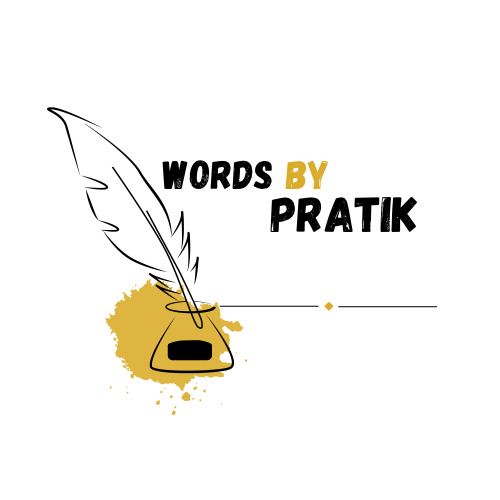
5 Tips For Writing A Poem That Touches Heart
Have you ever read a poem that made you cry? Or smile? Or feel less alone? That's the magic of poetry – it can touch hearts in ways that regular words sometimes can't. Today, I'm going to share five secrets to writing poetry that really connects with people. Don't worry if you're just starting out – these poetry writing tips
are for everyone!
How to Write a Poem That Connects
Before we dive into the secrets, remember that every beautiful poem starts with a feeling and a willingness to share it. Whether you're writing about love, loss, hope, or a quiet moment that touched your soul, these tips will help you transform your emotions into heart-touching poems.
1. Write What You Really Feel
You know what makes a poem powerful? Honesty. When you write about your true feelings – the joy, the pain, the confusion – people can feel it. They know when you're being real.
Think of poetry as having a heart-to-heart talk with a close friend. You wouldn’t use a fake voice or fancy words you don’t understand, right? The same goes for your poems. Write about the time your heart got broken, the sunset that took your breath away, or the feeling of being lost and scared.
Pro Tip: Before writing, close your eyes and tune into what you want to say. Let those emotions bubble up naturally. Your real feelings are the heart of every great piece of emotional poetry.
2. Use Simple Words That Paint Pictures
You don’t need big, complicated words to create beautiful poetry. In fact, poetry for beginners often shines when the language is simple and vivid. The trick is to use words that paint pictures and evoke emotions.
Instead of writing, “The precipitation descended from the atmosphere,” say, “Rain fell like tears.” See how that creates a mental image and connects to universal emotions?
Try this: Focus on one feeling or moment. What did you see? Hear? Smell? Touch? Add those details. For instance, if you’re writing about loneliness, you might describe “the echo of footsteps in an empty hallway” or “a single coffee cup on the table.” These details make your poem relatable and vivid.
3. Find the Rhythm That Feels Right
Poetry doesn’t have to rhyme to be beautiful. What matters is finding a rhythm that feels true to the emotion you’re expressing.
When you’re excited, your words might come quick and bouncy. When you’re sad, they might flow slower and softer. Creative writing is about experimenting with these flows.
Read your poem aloud. Does it sound natural? Does the rhythm fit the mood? Whether you choose rhyme or free verse, trust your instincts. Your heart often knows what sounds right.
4. Leave Some Space for the Reader
Here’s a secret: Don’t over-explain. Leave room for your readers to bring their own feelings and interpretations into your poem.
Instead of saying, “I felt sad when you left,” you could write, “Your coffee cup still sits where you left it, getting colder.” This subtle imagery allows readers to connect the dots themselves, making your poem more powerful and personal.
Remember, the best poetry isn’t about telling people what to feel. It’s about creating a space where they can feel something of their own.
5. Edit with Your Heart (and Then Your Head)
Once you’ve finished your first draft, step away from it for a day. When you come back, read it with fresh eyes. Start by listening to your heart: does the poem still move you?
Then, use your head to refine it. Look for:
- Words that could be more specific
- Lines that might be unclear
- Parts that feel forced or unnatural
- Simpler ways to say things
But don’t edit so much that you lose the original feeling. The magic of poetry lies in its raw, heartfelt expression.
A Final Note
Writing poems that touch hearts isn’t about being perfect – it’s about being real. Your experiences, your feelings, your voice – they matter. Someone out there needs to read exactly what you have to say in exactly the way you say it.
Start with what moves you, use words that feel true to you, and trust that your honest voice will find its way to those who need it most.
Whether you’re just learning how to write poems or looking for poetry writing secrets to enhance your craft, remember: every great poet started where you are now – with a feeling and a blank page. So pick up that pen, let your heart speak, and create poems that truly resonate.

Post a comment